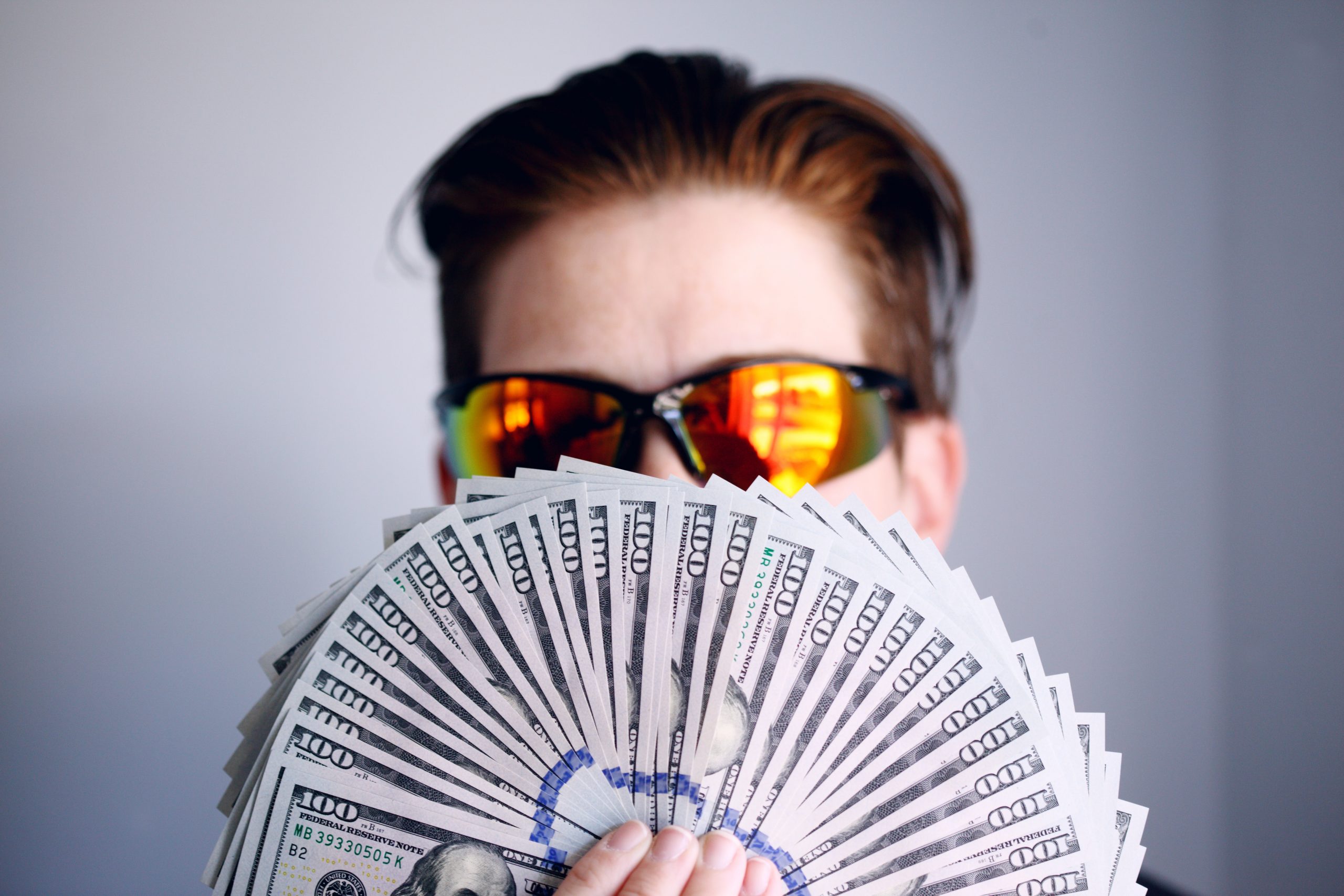No such thing as a free lunch. Well, as a rule, yes. But we also know that for every rule, there are exceptions.
While on one hand, we must beware of scammers trying to trick us with the lure of free government money, we must also be aware of the legit ways we can get our hands on it.
The right step, as also the first one, is to keep yourself informed and know where to look.
Here are six tips on how to legitimately bolster your finances with government money.
Stimulus checks
The government sent out checks of $1,200 and $600 last year as part of a stimulus package to counter the pandemic-related economic slowdown.
If, for any reason, these economic impact payments did not reach you, file your tax returns so that the IRS gets your updated information and you do not miss any further checks.
To claim the previously issued checks, you have the option on your Form 1040 to request a Recovery Rebate Credit.
Pension benefits
Currently, 401(k) plans have mostly replaced pensions. With pensions, there was the promise of a guaranteed income after you retired.
Despite this, over $300 million of pension funds are unclaimed, according to the Pension Benefit Guaranty Corp. You can use the search engine on PBGC’s website to look for any unclaimed pension money in your name.
Tax refunds
The IRS stipulates a period of three years within which you may file your tax return and claim a tax refund. Surprisingly, more than $1 billion of refund money goes unclaimed each year, only to go back into IRS coffers.
The government does not levy a penalty when you do not file your return if a refund is due, but it is a good practice to file your tax return so that you know if the government owes you something.
Use tax software such as TurboTax to identify the applicable deductions.
Assistance for utilities
The average monthly household spends on heating, electricity, and phone services in the United States are around $337, or over $4,000 a year.
The Federal Communications Commission runs a lifeline program that provides a monthly discount of up to $9.25 on broadband and phone services, while the federal Department of Health and Human Services offers grants for air conditioning and heating costs under its Low Income Home Energy Assistance Program.
Home down payment
For a first-time home buyer, arranging the down payment of up to 20% of the house cost can sometimes prove to be a major obstacle.
The Department of Housing and Urban Development has home-buyer assistance programs, such as the Good Neighbor Next Door grant program, that pick up half the cost for certain categories of people, including teachers, firefighters, and law enforcement officers.
Look up the department’s website to locate grant programs in your state.
Weatherization help
The federal weatherization assistance program advances grants to revamp your home’s insulation and weatherstripping to make it more energy-efficient, enabling you to save on your energy bills.
The primary eligibility factor is income, with a family of four entitled to weatherizing money if their yearly income is below $52,400. Identify your local WAP provider from the list of local organizations under the How to Apply section of your state, tribal, or territorial website.


